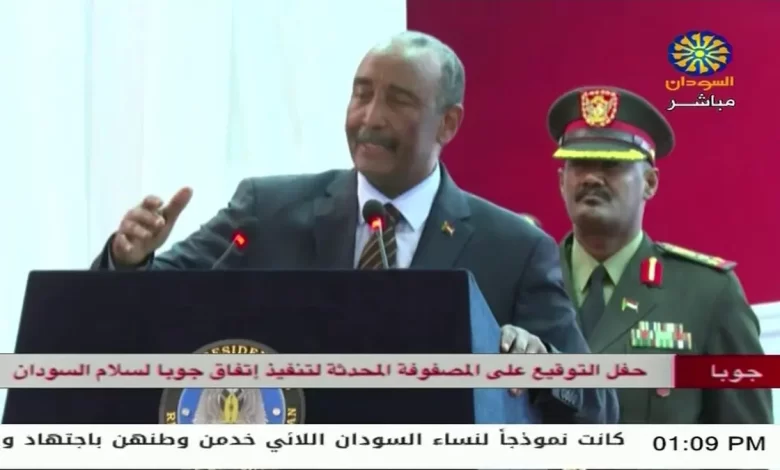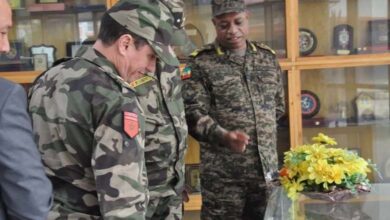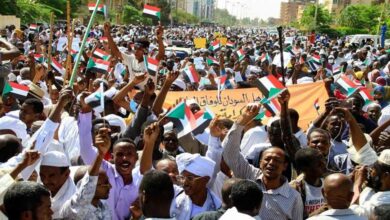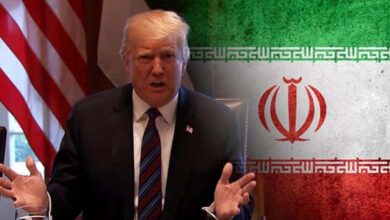Sudan: Sign Updated Juba Peace Agreement

The Sudanese government and the armed movements on Sunday signed an updated version of the Juba peace agreement in the capital of South Sudan.
Abdul Fattah Al Burhan, chairman of the Transitional Sovereignty Council, stressed the Sudanese government’s commitment to work on the implementation of the agreement as amended until peace is achieved.
Speaking at the signing ceremony of the revised version, Al-Burhan said the agreement would allow for broader cooperation and coordination between Juba and Khartoum.
The Chairman of the Transitional Sovereignty Council recalled that “a bloody war and fighting cannot bring peace”.
“Al Burhan expressed its gratitude to all local, regional and international parties that contributed to the Juba agreement.”
The Sudanese hope the deal will mark the beginning of the end of six decades of civil war, which has claimed nearly 4 million lives and forced more than 10 million to flee their homes to escape death or seek safety and stability in other countries.
The war has engulfed many areas of Darfur, Kordofan and Blue Nile, wasting a huge amount of resources, causing more than $600 billion in direct and indirect material losses and creating social injustice.
“The 2020 Juba Peace Agreement followed 10 months of negotiations in the South Sudanese capital, involving a number of armed movements, most notably the Northern People’s Movement – Malik Agar Wing – the Sudan Liberation Army – Arko Minnawi Movement and Gibril Ibrahim’s Justice and Equality Movement, as well as non-armed groups including the central, eastern and northern tracks.”
The agreement’s main provisions were cessation of war, reparation, respect for religious and cultural pluralism, and positive discrimination in the war zones of Darfur, Blue Nile, and South Kordofan.
The agreement also provided for the areas of Blue Nile and Southern Kordofan to be granted a formula of self-rule that defines the powers of local and federal authorities, including the enactment of laws and legislation that were agreed to be based on the 1973 constitution, in addition to the formation of provisions, the most important of which is the Commission for Religious Freedom.












